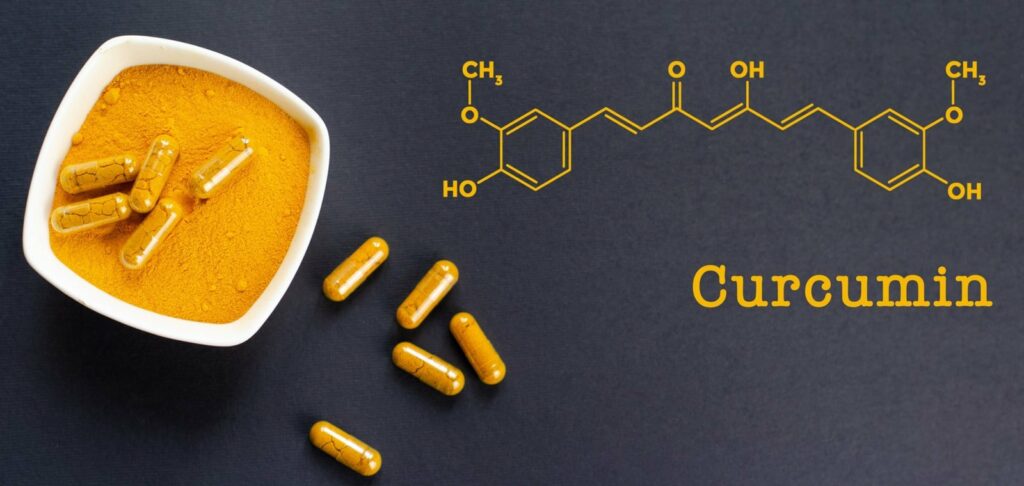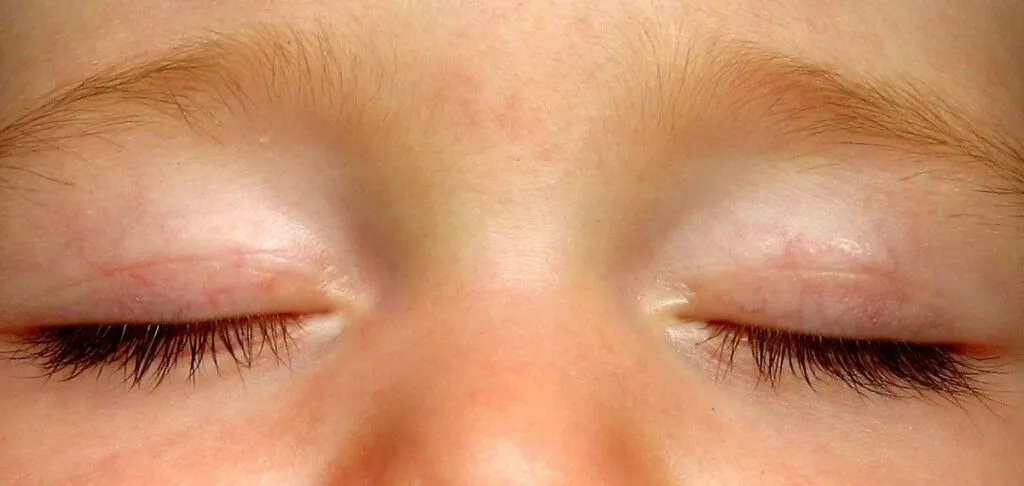
For years, curry lovers have sworn by turmeric’s anti-inflammatory properties, but its active compound curcumin has long frustrated scientists hoping to back up those claims with clinical studies.
The beneficial properties of curcumin, the active compound of turmeric, are confirmed not only by alternative medicine, but also by official science, which has repeatedly confirmed them in vitro. However, the development of medicines based on it has until recently been hampered by the fact that curcumin is poorly absorbed by the body. Now, an international team of researchers from the University of South Australia, McMaster University in Canada and the University of Texas have developed a way to deliver curcumin into human cells using tiny nanoparticles.[1] This approach has increased its oral bioavailability by 117% and opened new horizons for medical research.
Animal experiments have shown that nanoparticles containing curcumin not only prevent cognitive deterioration but also reverse the damage in Alzheimer’s disease. Curcumin delivered directly to cells inhibits oxidative stress and inflammation, which are key pathological factors in Alzheimer’s disease, and also helps remove amyloid plaques – small protein fragments that form clots in the brains of patients with the disease.
A new curcumin delivery method is also currently being tested for the treatment of genital herpes, which is caused by the HSV-2 virus. The fact is that one of the causes of the spread of this disease, especially in women, are bacterial and viral infections of the genital tract, which cause inflammation and disrupt the protective barrier of the mucous membrane. Curcumin, however, helps reduce inflammation and makes a person less susceptible not only to genital herpes, but also to other sexually transmitted diseases, including HIV.
Shutterstock/FOTODOM UKRAINE photos were used
- Danielle Vitali, Puja Bagri, Jocelyn M. Wessels, Meenakshi Arora, Raghu Ganugula, Ankit Parikh, Talveer Mandur, Allison Felker, Sanjay Garg, M.N.V. Ravi Kumar, Charu Kaushic. Curcumin Can Decrease Tissue Inflammation and the Severity of HSV-2 Infection in the Female Reproductive Mucosa. International Journal of Molecular Sciences, 2020; 21 (1): 337 DOI: 10.3390/ijms21010337



